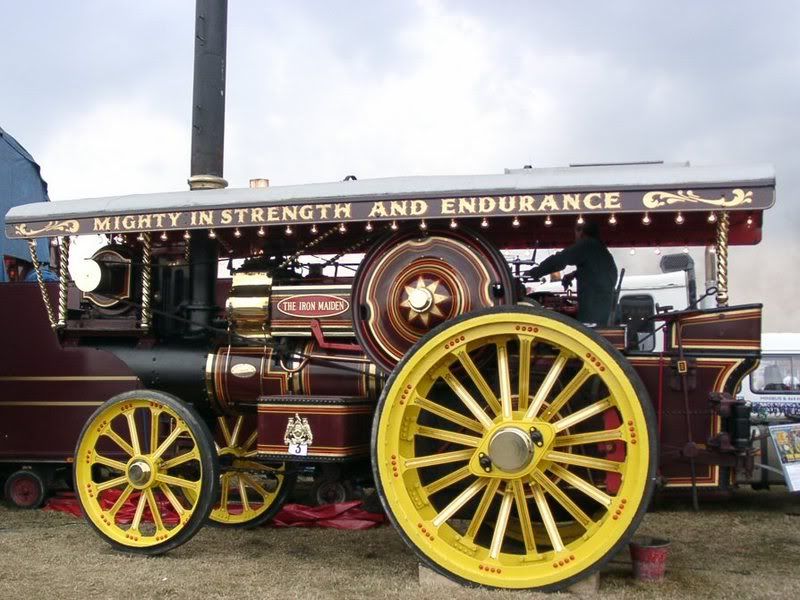bearfan
Ancient Mariner
Very cool
Netflix to finish final Orson Welles film
thenewdaily.com.au/entertainment/movies/2017/03/15/netflix-orson-welles-the-other-side-of-the-wind/
After decades on the shelf, legendary filmmaker Orson Welles’ final work The Other Side of the Wind will finally be finished and released, courtesy of video streaming provider Netflix.
Netflix will acquire global rights to the film and finance its completion and restoration, the company said in a press release.
“I can’t quite believe it, but after 40 years of trying, I am so very grateful for the passion and perseverance from Netflix that has enabled us to, at long last, finally get into the cutting room to finish Orson’s last picture,” producer Frank Marshall said.
The roman-a-clef about a brilliant, ageing director, played by Welles’ friend and colleague John Huston, making a final film with no plot, no script and no money, has been the stuff of Hollywood legend for decades.
Welles began it in 1970, but never completed it due to a lack of funding for his unorthodox, unscripted production.
Since his death in 1985 the project has been entangled in legal and financial disputes.
Welles is considered one of the greatest directors of the 20th century, the mastermind behind classics including Citizen Kane (1941) The Magnificent Ambersons (1942) and Othello (1952).
But his legacy includes as many misfires as masterpieces.
Welles left more than a dozen films unfinished over his career.
Netflix to finish final Orson Welles film
thenewdaily.com.au/entertainment/movies/2017/03/15/netflix-orson-welles-the-other-side-of-the-wind/
After decades on the shelf, legendary filmmaker Orson Welles’ final work The Other Side of the Wind will finally be finished and released, courtesy of video streaming provider Netflix.
Netflix will acquire global rights to the film and finance its completion and restoration, the company said in a press release.
“I can’t quite believe it, but after 40 years of trying, I am so very grateful for the passion and perseverance from Netflix that has enabled us to, at long last, finally get into the cutting room to finish Orson’s last picture,” producer Frank Marshall said.
The roman-a-clef about a brilliant, ageing director, played by Welles’ friend and colleague John Huston, making a final film with no plot, no script and no money, has been the stuff of Hollywood legend for decades.
Welles began it in 1970, but never completed it due to a lack of funding for his unorthodox, unscripted production.
Since his death in 1985 the project has been entangled in legal and financial disputes.
Welles is considered one of the greatest directors of the 20th century, the mastermind behind classics including Citizen Kane (1941) The Magnificent Ambersons (1942) and Othello (1952).
But his legacy includes as many misfires as masterpieces.
Welles left more than a dozen films unfinished over his career.





